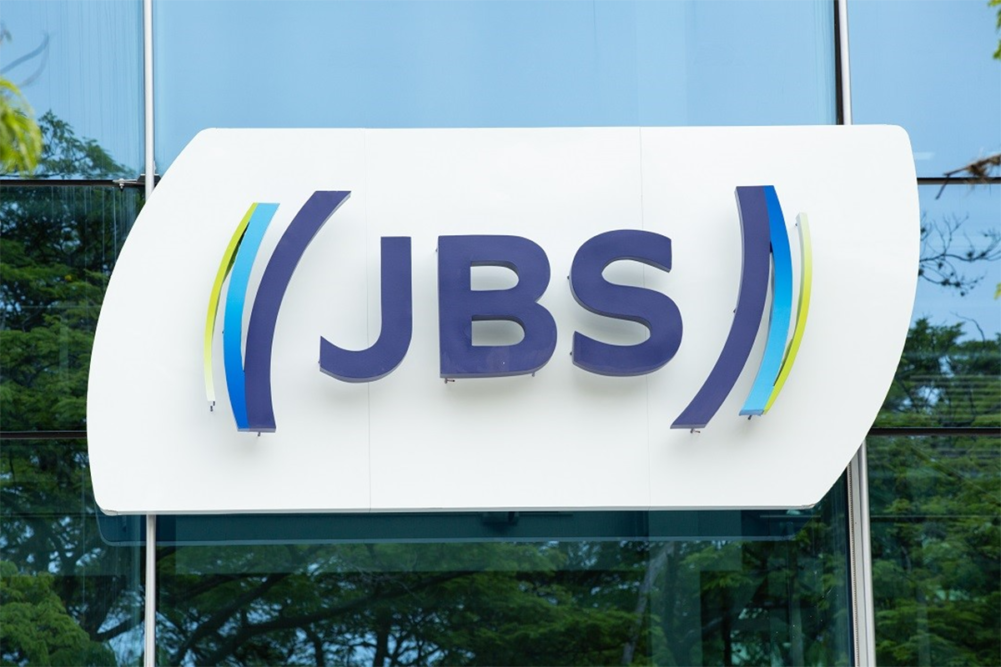GREELEY, COLO. — JBS USA is partnering with GreenGasUSA to produce renewable natural gas (RNG) at several of its beef and poultry production sites across the United States.
Looking to lead sustainable transformation, JBS adopted a strategy of addressing greenhouse gas (GHG) emissions through circular economy technology that repurposes waste into renewable energy.
“At JBS and Pilgrim’s, we’re committed to reducing the impact of food production by partnering with stakeholders to reduce our carbon footprint,” said Wesley Batista Filho, chief executive officer of JBS Foods USA. “This collaboration with GreenGasUSA is a perfect example of these efforts. This innovative approach takes what was once an unused byproduct of food production and transforms it to offset a significant amount of fossil fuels. This process can be a model for the rest of the industry to follow.”
By installing GreenGasUSA’s on-site gas upgrading systems, biogas collected from the wastewater streams of JBS facilities will be purified into pipeline-quality RNG, allowing end users to displace fossil fuel usage. JBS said the RNG will displace emissions equivalent to 60 million miles driven by a car, or 26 million lbs of coal burned, annually.
Installation will start at JBS facilities in Grand Island, Neb., and Hyrum, Utah, as well as the Pilgrim’s Sumter, SC, facility. The Sumter project is scheduled to be completed in early 2025, while the Grand Island and Hyrum projects are slated for completion by the end of 2025.
In addition to reducing GHG emissions at these facilities, the partnership with GreenGasUSA will improve wastewater operations and local air and water quality.
JBS noted that it has initiated over 25 projects since 2019 to capture or eliminate methane emissions from waste lagoons at its facilities. Globally, the projects have destroyed and/or recovered methane from its anaerobic waste treatment systems resulting in the reduction of over 600,000 tonnes per year of GHG, the company said.



